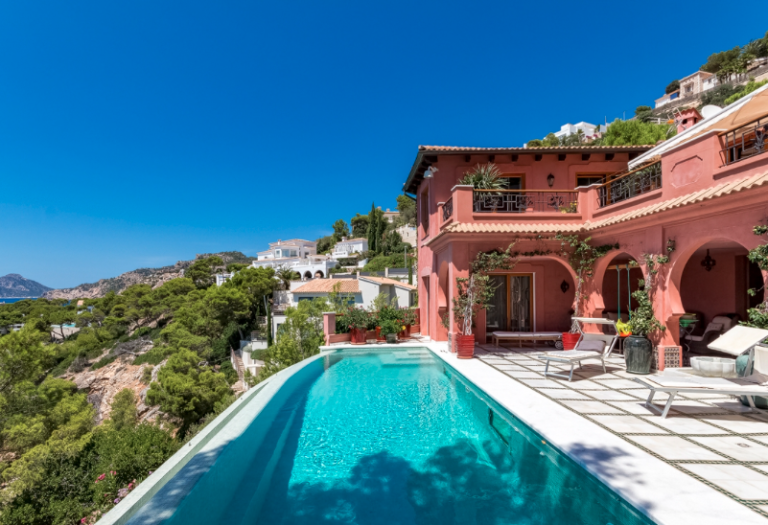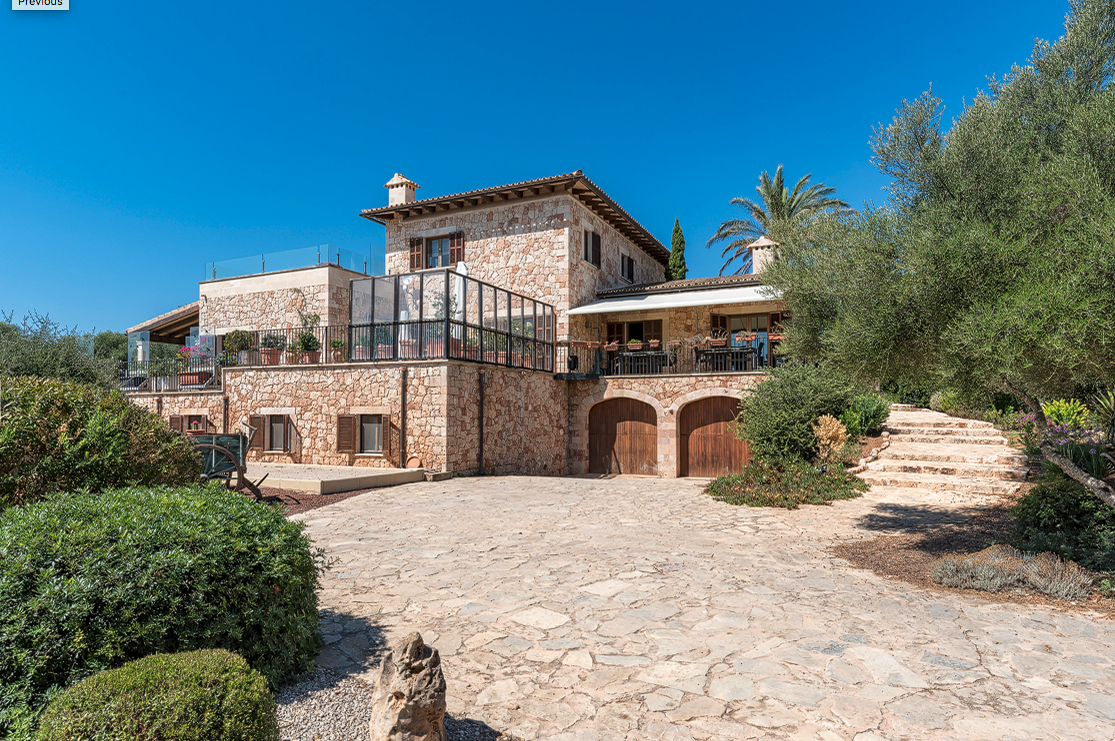Contents
The acquisition
There are three ways to become the owner of a property – buy it, inherit it, or receive it as a gift. A buyer has to deal either with sales tax (10% on completed residential real estate) or with land transfer tax (8 to 11 per cent). In the case of an inheritance worth up to 700.000 euros the heir pays a Balearic inheritance tax of 1 per cent, always providing that he is a direct relative (spouse, child, grandchild or also, for example, parents) and has no other Spanish assets. Beware: In the case of other family relationships (brother, daughter-in-law, etc.) it becomes much more expensive.
In the case of gifts, under the same ideal conditions as for inheritance the recipient would pay 7 per cent gift tax. Beware: The tax consequences for the benefactor can be considerable and the situation is completely different than, for example, in Germany. A curious fact is also that, apart from the aforementioned examples, the variation of ‘inheritance during the lifetime’ is subject to a purely Mallorcan law and is only possible and useful under very specific circumstances.
Ongoing taxation of self-use property
In addition to rubbish disposal fees and a property tax levied by the municipality, should the property not be the main place of residence (ie. all non-residents) , then income tax must be paid on the fictive value which is calculated on the basis of the cadastral value (1.1 or 2 per cent upon which German tax payers are liable for 19 per cent income tax – not normally involving large sums).
In the case of real estate assets worth more than 700.000 euros per person the question of wealth tax should be examined. Non-residents can bypass the higher Balearic wealth tax and take advantage of the more moderate state tax rates. Cleverly planned, ideally in advance, the ‘impuesto sobre el patrimonio‘ can be significantly reduced or even completely avoided. Beware: wealth tax can also be due on usufruct and ownership.
Current taxation of the rented property
Fundamentally there are two possibilities which should be envisaged: VAT-free rentals and those liable to VAT taxation.
VAT-free is the mere rental of a property and the VAT-free modality of holiday renting which are not mentioned in any law, but are allowed due to a loophole in the law which results from the differing definitions of holiday letting. For the Balearic Tourism Act the marketing of the property is an essential definition factor but for the state sales tax it is irrelevant.Residents build the income into their annual income tax return, but non-residents must submit a quarterly tax return for rental income together with so called modelo 210. EU citizens can submit costs and depreciation thereby reducing the taxable profits, although gains and losses are attributed directly to the respective property and compensations combined between two or more properties are not possible.
Holiday rentals with hotel-comparable services provided during the stay of the guest are subject to VAT and are considered a commercial activity. With non-residents this leads to treatment as a business establishment and taxation as a company, ie 25 per cent corporation tax. On the other hand there are advantages like offsetting the costs and the complete refund of all sales tax already paid (input tax).
Beware: Holiday rentals always require registration for the Balearic tourist tax which the owner/operator must collect from the guests and pass on to the tax authorities. A practical flat-rate arrangement, however, reduces the administrative effort considerably: Based on the number of beds and the period the property is offered for rent during a year, a flat rate is calculated which is independent of the actual amount of tourist tax and must be paid the following year. The bad news: In 2018 the tourist tax was doubled for the high season.
Selling
After the sale of a Spanish property the taxable profit must be taxed in Spain. Non-residents, regardless of nationality, pay 19 per cent income tax on profits. All costs, (including taxes, lawyer’s fees, subsequent alterations, extensions, improvements) can be set off and reduce the taxable profit.
Depreciation, however, which was previously set off against the taxation on the rent income, reduces the taxable acquisition costs and increases the profit.
Final advice
Non-residents are advised to seek timely and comprehensive advice, particularly with property development projects and holiday rentals, in order to determine the cost structure of the Spanish tax system and the tourism laws and orientate themselves accordingly. While doing so the whole picture should be considered, ie. the taxation in the country of residence and possible finer points of the double taxation agreement. For this reason the taxation of rental income is quite different, for example, for a German than for an Austrian or a Swiss person.
Those settling in Mallorca should inform themselves in advance as to which additional tax obligations may arise. We often recommend a simulated calculation of the personal income and wealth tax using the most recent data available, in order to determine what tax burden the client moving from Germany to Mallorca must reckon with.
On our portal www.europeanaccounting.net under the heading ‘services’ you will find several tools for the calculation of tax including land transfer tax, owner-occupation tax, wealth tax and inheritance tax.


